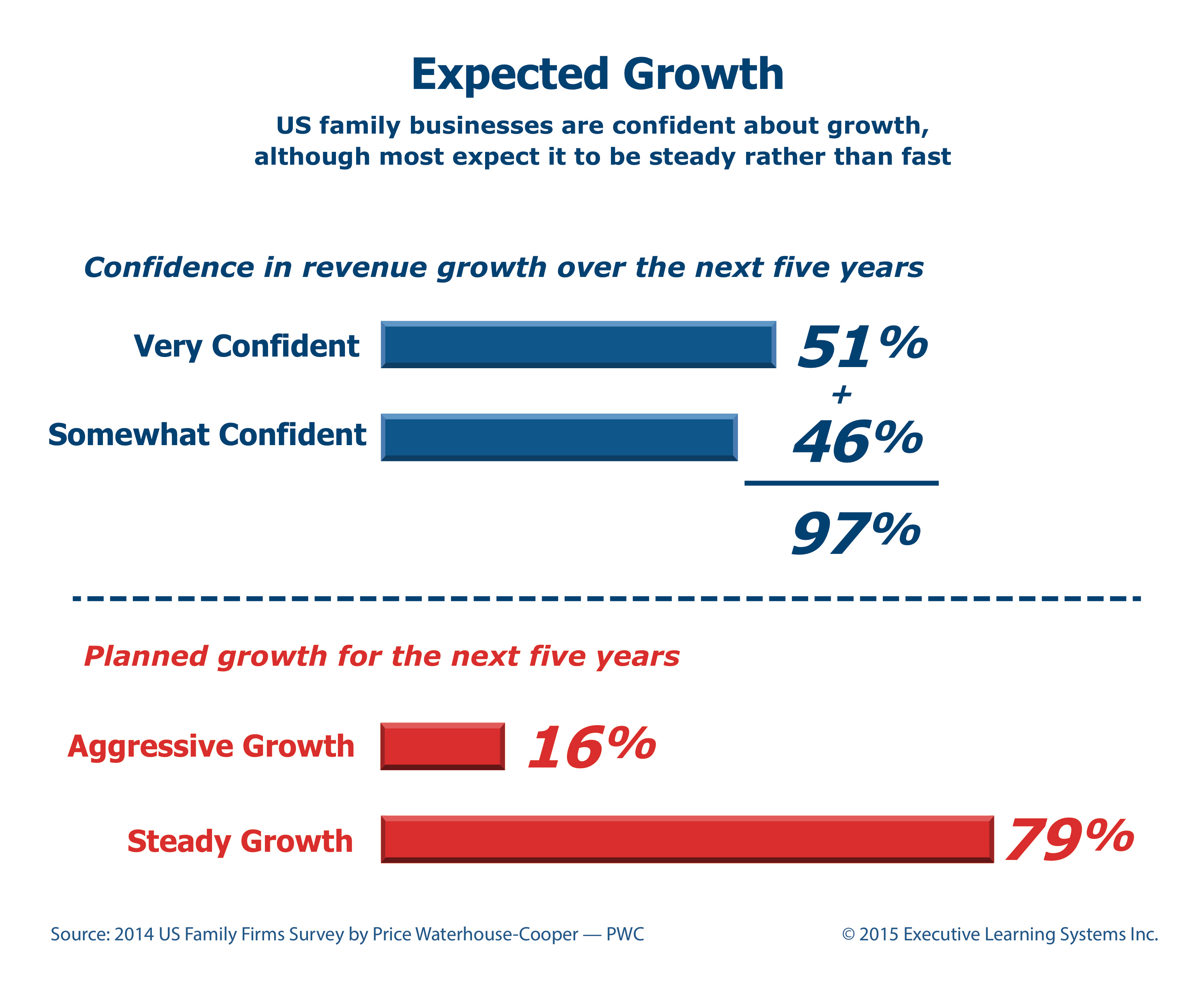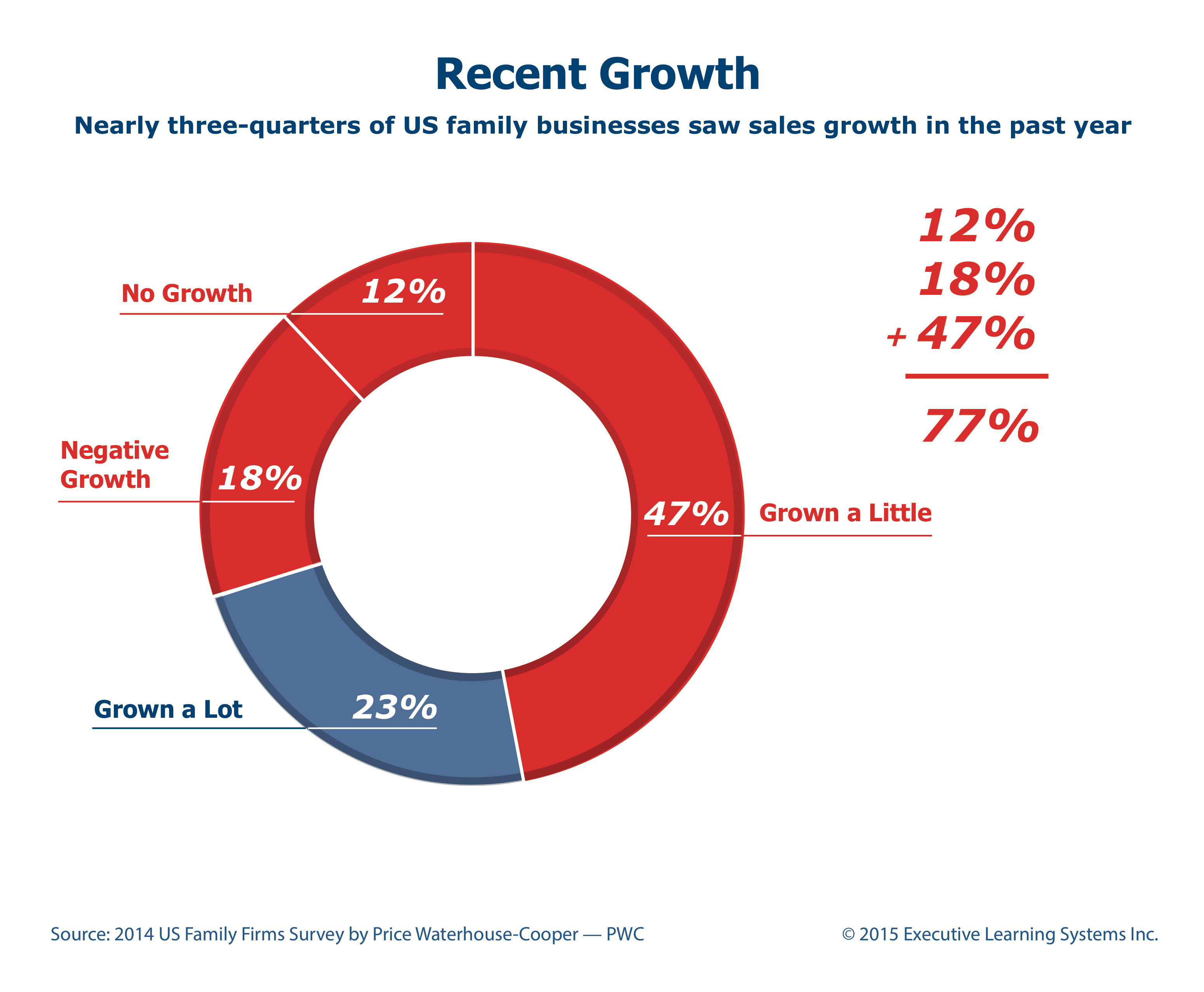The more ingrained you are in the day-to-day operations of your company, the less you can see the big picture.
You can’t fix what you can’t see.
Our interactive eLearning-by-doing programs for CEOs and executives are designed to change the
After working with hundreds of successful mid-sized to multinational companies, Carlos Dias understands what sets these businesses (and their CEOs and management team) apart from all others.
We help management solve the three most significant challenges for any business today:
"Think of Carlos Dias as a seasoned coach on how to profit from the fast-changing times by moving from linear thinking to divergent thinking. Carlos provides rich thoughts on strategy based on his personal experience blended with a wide grasp of the best concepts"
Philip Kotler, respected international marketing expert, distinguished professor at Northwestern University
Like it or not, right this minute, your business is perfectly designed to get precisely the positive or negative results you are achieving. Why?
"I've had the opportunity to take courses with strategic planning gurus such as Gary Hamel, Porter, and Kenichi Omae who often state their concepts brilliantly, but they do not provide direction to implement them as in your program, Carlos."
Lic. Alfredo Esponda Espinosa, director, CENCADE, Competitivity Advisor
The key strategic question for today’s leader is: did you create your system by default? Or did you purposely design it?
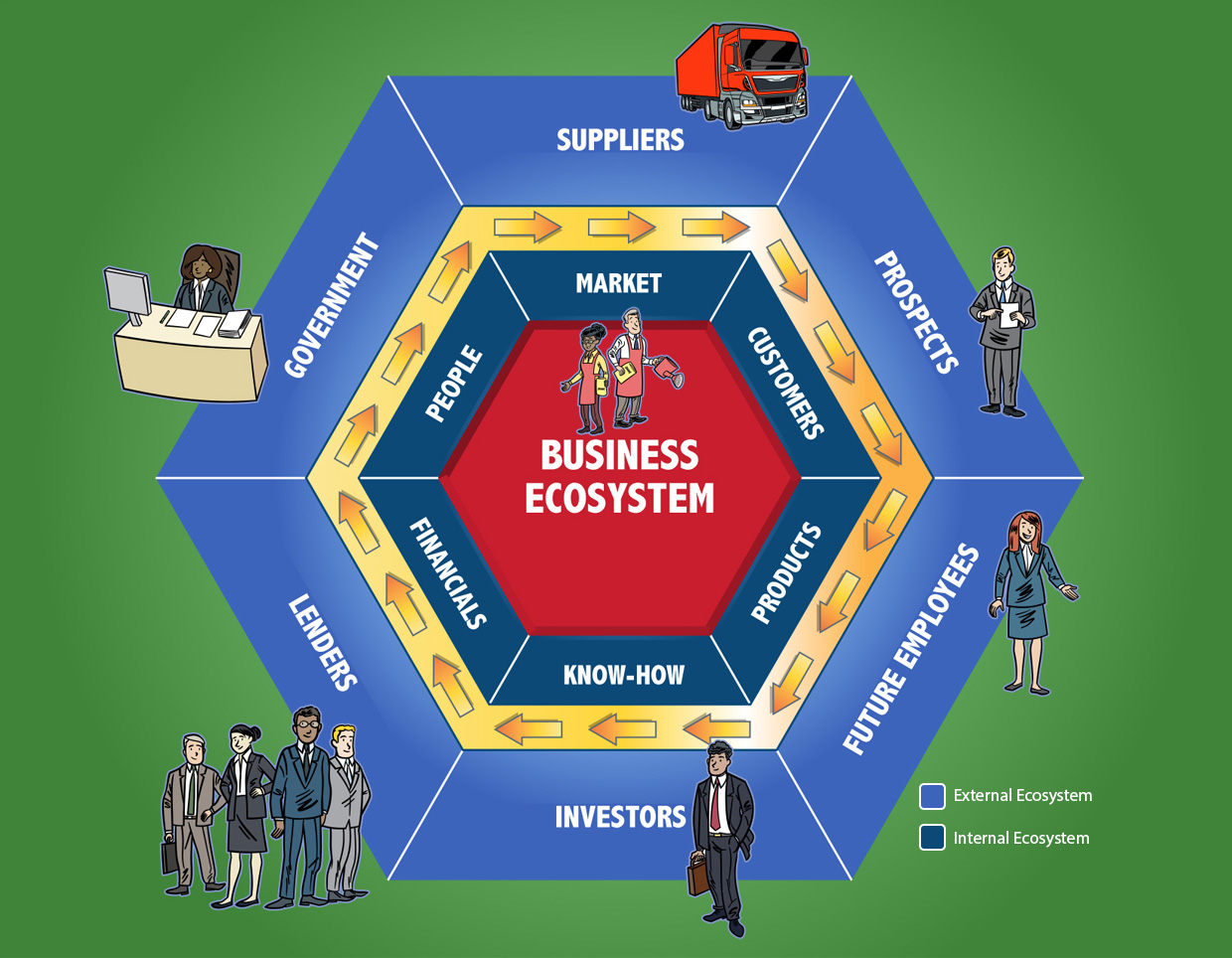
The symbiosis or relationship between your business and your ecosystem that works with and depends on each other is the secret to sustainable and profitable growth. It’s also the harsh reality of how and why most businesses are underperforming—their ecosystem is designed by default!
Consequently, the different parties exist, but most companies are not sufficiently leveraged. That means the ecosystem is NOT a generator of high profits, cash flow, and wealth creation.
In short, the ecosystem exists without the executives understanding how to make the interactions between the different parties more effective and efficient. That is the big difference between winners and losers in today’s world.
Our eLearning-by-doing programs are distinctively designed to solve the real questions keeping you up at night:
Questions like these are battling for your attention, causing you stress and worry, and keeping you from becoming the great CEO you are meant to be.
"This program will have you walking away with some significant Ah Ha’s that can really impact your business and uncover some blind spots. This is a great program to walk you through a process of how imperative it is to spend time working ON the business – it’s a great system."
James Rosin, CEO, Rosin Eyecare
Our mentorship and eLearning-by-doing programs are designed to solve the three significant challenges faced by businesses today.
The eLearning-by-doing programs maximize two core abilities required for CEOs to lead their businesses and thrive in today’s complicated world:
"In the academic world Carlos's program would encourage me to say that it will lead to the change of subjects in the curricula, as well as of conceptions and topics addressed today. With its application in classrooms, it would achieve the much sought-after integration between what is learned in theory and what should be applied in practice"
Alejandro Javier Torres, director, University of Patagonia San Juan Bosco
Through Systems Thinking: the heart of perceptual acuity and transformational leadership.
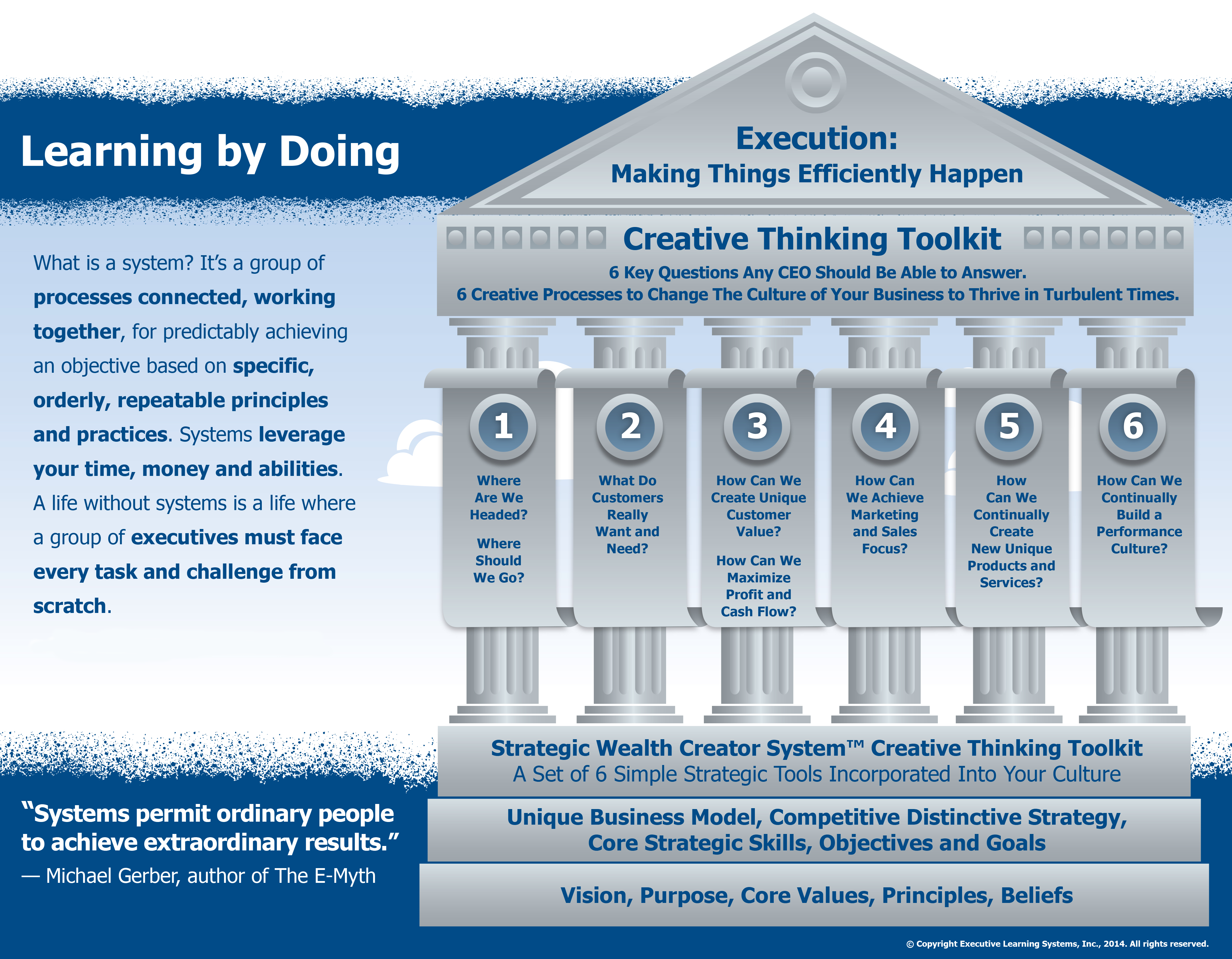
Systems Thinking looks at the whole business landscape rather than just the separate elements in a business, allowing the leader to continuously spot new external opportunities and risks that would be otherwise hidden.
Systems Thinking is akin to a radar system helping you see through the fog of a fast-moving world and allowing you to act first—before your competitors. It helps you change and shape the unseen and is the landmark of a successful leader in a fast-moving and complex world.
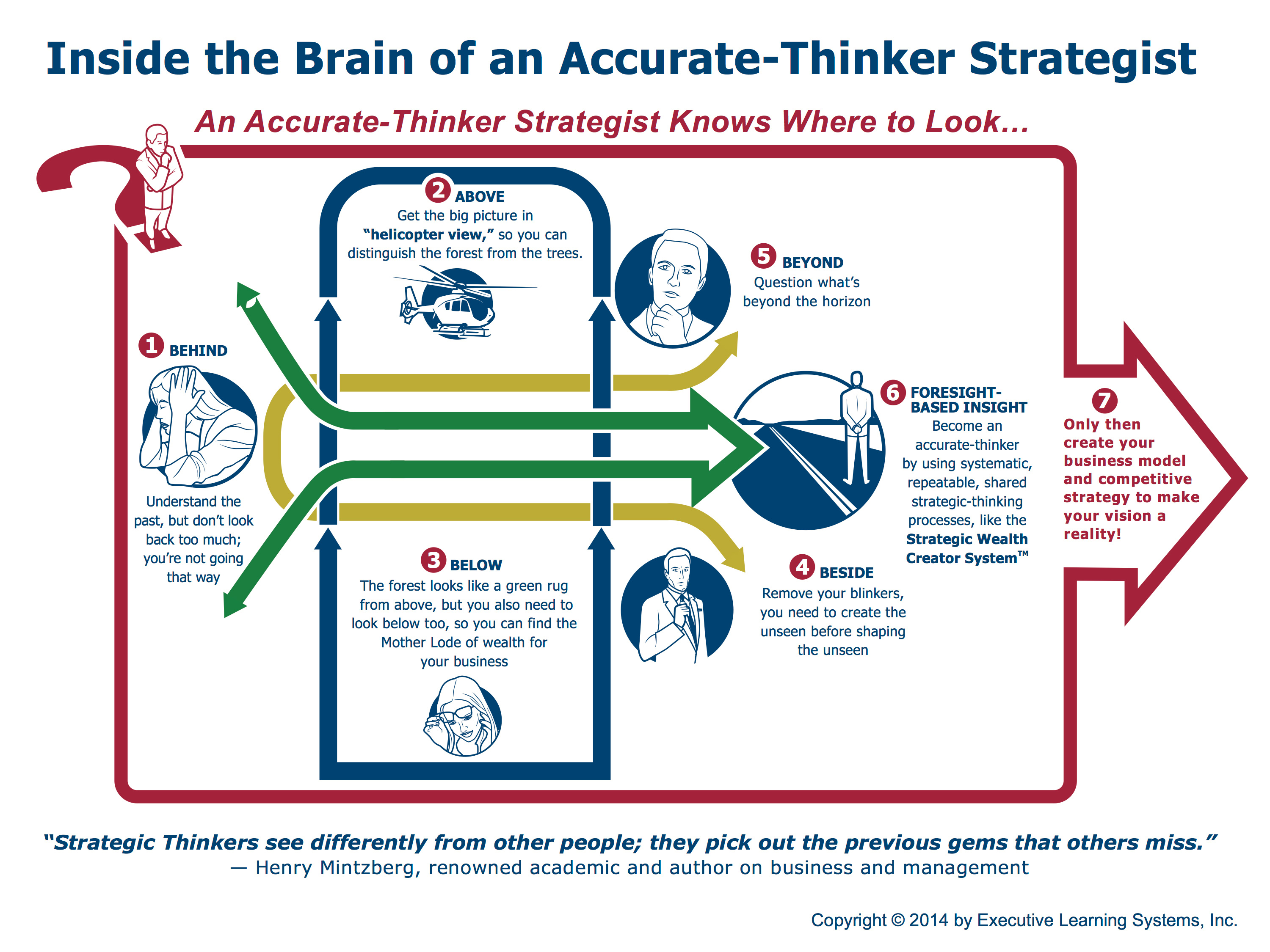
We solve these challenges because 8 out of 10 businesses are still practicing reductionism/benchmarking and short-term shareholder value.
Most executives and those in academia view a business as nothing more than the sum of the parts that make it up. And the objective of benchmarking is to improve the performance of a part of a business by comparison to a standard.
This assumption suggests that it is perfectly valid to increase the efficiency of one part of the business without affecting the others. However, the natural ecosystem in which a business operates controls what happens in the world, including to the business.
"We have devoted a lot of time and money to formulate a new strategy for a market as difficult as Latin America without success." After hiring Carlos as an advisor, our sales went up $50 million in just three years.”
Roddy Campbell, President & CEO, Pony International
Your digestive system is uniquely designed to turn the food you eat into nutrients, which the body uses for energy, growth, and cell repair.
In the same way, the digestive system interacts with other systems. The 11 body systems work together to keep you alive, and you can’t increase the efficiency of one system without affecting the other 10.
Look all around you. Systems are everywhere: Apple ecosystem, Google ecosystem, Zara (the world’s largest clothing retailer) ecosystem, tropical rainforest system, river and stream ecosystems, and countless more, including business ecosystems.
Shareholder value is a result, not a strategy. The goal of a business is to create and keep a customer.
Thus, the number one task of management should be continuously adding value for customers while providing a reasonable return to the firm and its shareholders.
This can only be possible when a business makes the customer the center of everything the business does, requiring a business to focus on continuous value innovation. In a fast-moving, highly competitive world, and with businesses having greater ease of entry due to the internet, continuous value innovation is a minimum requirement for survival.
Carlos Dias has spent his life mastering Systems Thinking and advising CEOs and other leaders to create prosperous, sustainable growth in their corporate businesses.
He does this simply because we all live in a complex and turbulent world. This uncertainty poses a tremendous challenge to most businesses that are unaware or not set up to proactively adjust to it.
"The contribution made by Carlos allowed us to have a clear strategy, consensus, and action plan for its implementation at the end of the process, which has resulted in focusing our resources on the defined mission achieving a significant differentiation in our market"
Patricio Giglio, CEO, Cintac S.A. , CEO, Gentil Advisors
For many corporations, the new economy is like a tsunami, threatening their very existence.
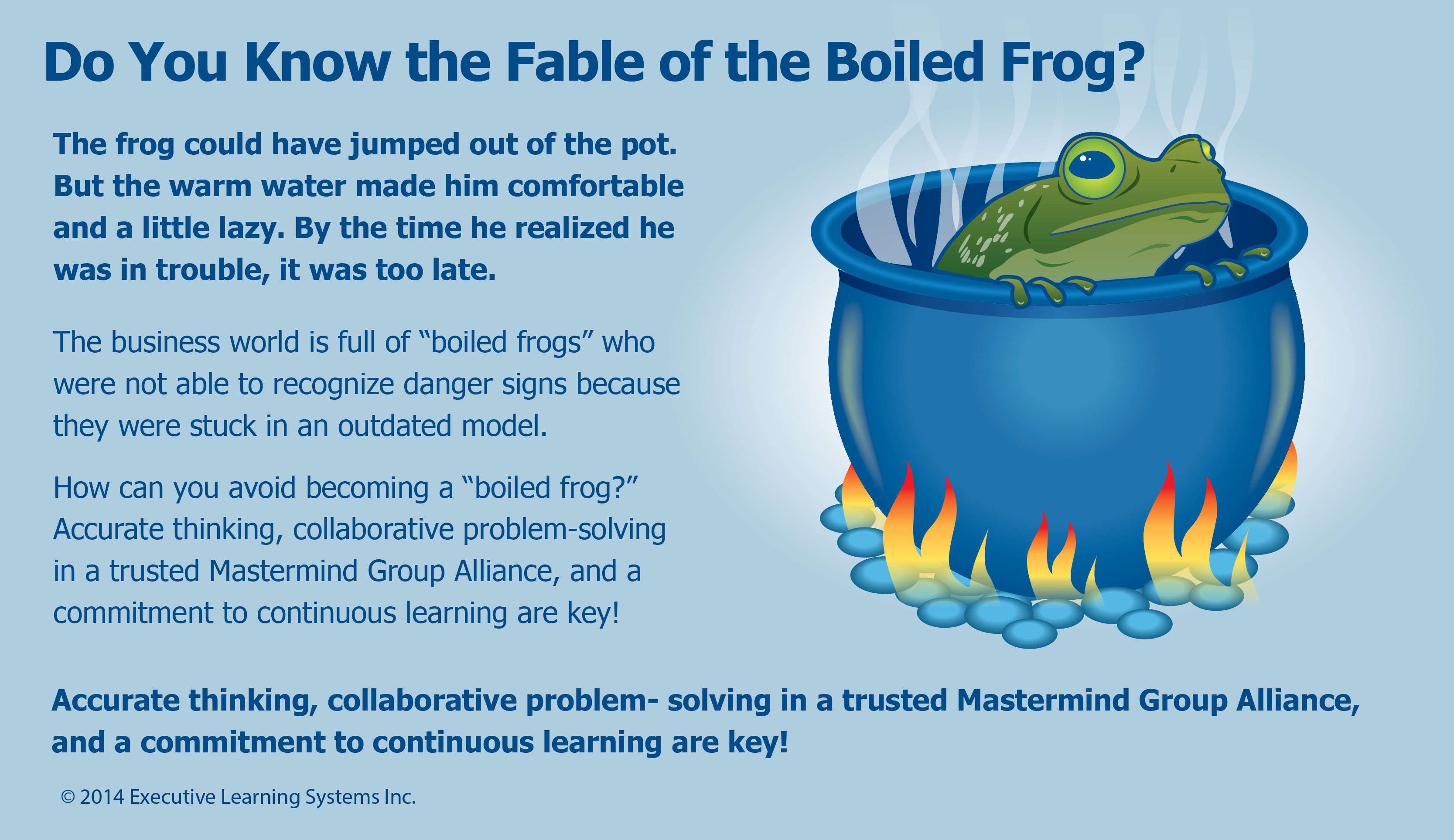
The old approaches to successfully managing a business, such as reductionism/benchmarking and focusing on maximizing shareholder value, assumed a relatively stable and predictable world.
Here is a good example of the declining performance of businesses that still practice these concepts:
